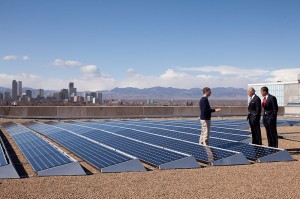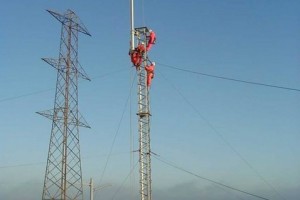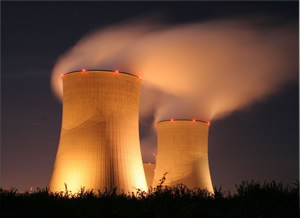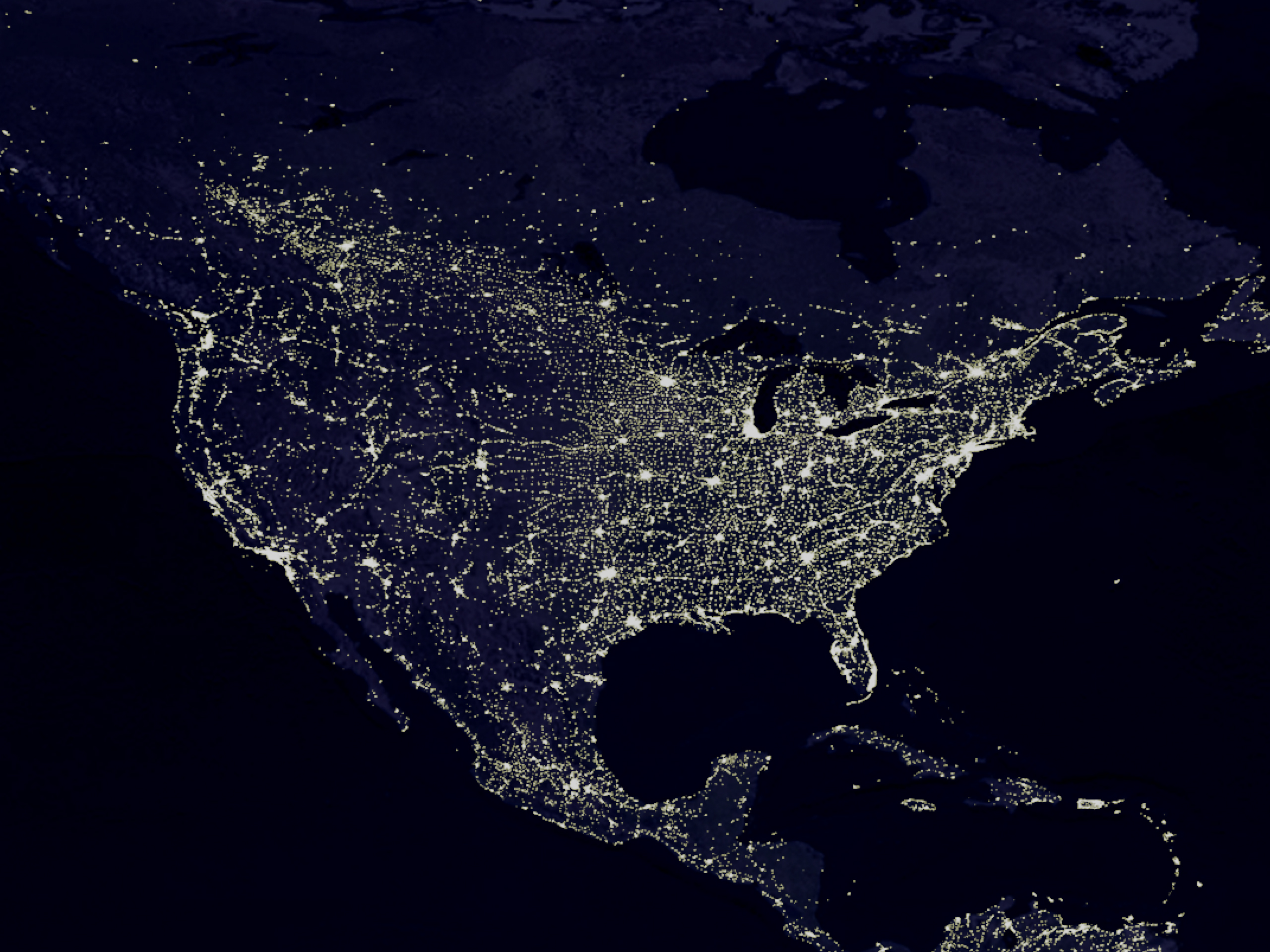5 item(s) were returned.
In 2014, the U.S. residential solar industry installed 1,231 MW of capacity and installation costs fell 10 percent. While lower prices made onsite solar energy more affordable and accessible for many Americans, the upfront costs still make solar installation out of reach to low-income communities that could benefit from alternative sources of energy. Over the past few years, governments at every level have been instituting programs that support low-income access to solar energy. In 2013, California extended two provisions of the California Solar Initiative, the Single-Family Affordable Solar Homes (SASH) and Multi-Family Affordable Solar Homes (MASH) programs, by providing an… [more]
View InsightCo-Executive Director
The Institute for Carbon Removal Law and Policy, American University
The focus of the United Nations Framework Convention on Climate Change (UNFCCC) originally was the reduction of greenhouse gas emissions, as well as emissions associated with land-use change and forestry. However, by the 2000s scientists and policymakers realized that emissions targets were too low to avoid serious negative impacts, necessitating the development of adaptation responses as a complement to mitigation. In the past few years, it has become clear that historical emissions have “locked in” a certain level of climatic change, making some serious impacts unavoidable. Moreover, the feckless response of the world in arresting emissions makes even graver unavoidable… [more]
View InsightVice President, US Retail Regulatory Strategy
National Grid, US
We hear about the promise of transforming America’s infrastructure every day. But if we’re going to capitalize on that promise, we need to reverse the 20-year trend of underinvestment in energy networks. Greater overall resiliency, reliability and innovation come with a sizeable price tag; it is estimated that U.S. energy infrastructure needs $2.5 trillion in investment by 2035. If we don’t meet this challenge, the growing limitations of our current system threaten to derail progress toward our long-term energy sustainability and security goals. We either invest now, or pay that much more later. To secure the necessary funding for energy infrastructure… [more]
View InsightProfessor of Physics
City College of the City University of New York
The low cost and abundance of natural gas is rapidly causing utility companies to replace coal plants and aging nuclear power plants with gas-fired power plants. The widespread transition to natural gas highlights a need for the nuclear industry to focus on innovation as a means of regaining its competitiveness. Yet innovation requires long-term investment, and the nuclear sector faces structural difficulties in procuring the necessary funds to develop promising technologies. Republicans, who now control both houses of Congress, draw a strong distinction between basic research, which they generally accept as a federal responsibility, and applied research, which they believe… [more]
View InsightCyberattacks are occurring with greater frequency and severity, and could have enormous impacts on huge swaths of the highly interconnected electric grid. Despite the serious risks posed by cyber attacks, insurance coverage for utility companies is often not comprehensive or too expensive, as reported by a recent EnergyWire article. The article goes on to explain that this is “partly because insurance underwriters have had trouble fleshing out risk assessments with hard numbers. Utilities are tight-lipped about their cyber vulnerabilities for fear of legal repercussions (and exposing themselves to new threats).” The Department of Homeland Security’s Cybersecurity Insurance Workshop Readout Report explains… [more]
View Insight



